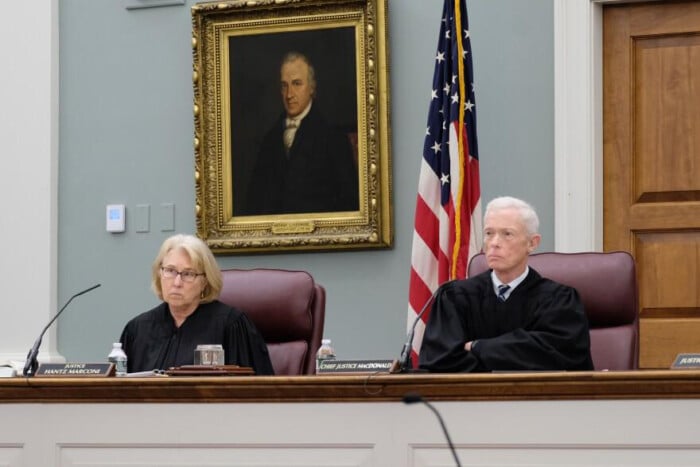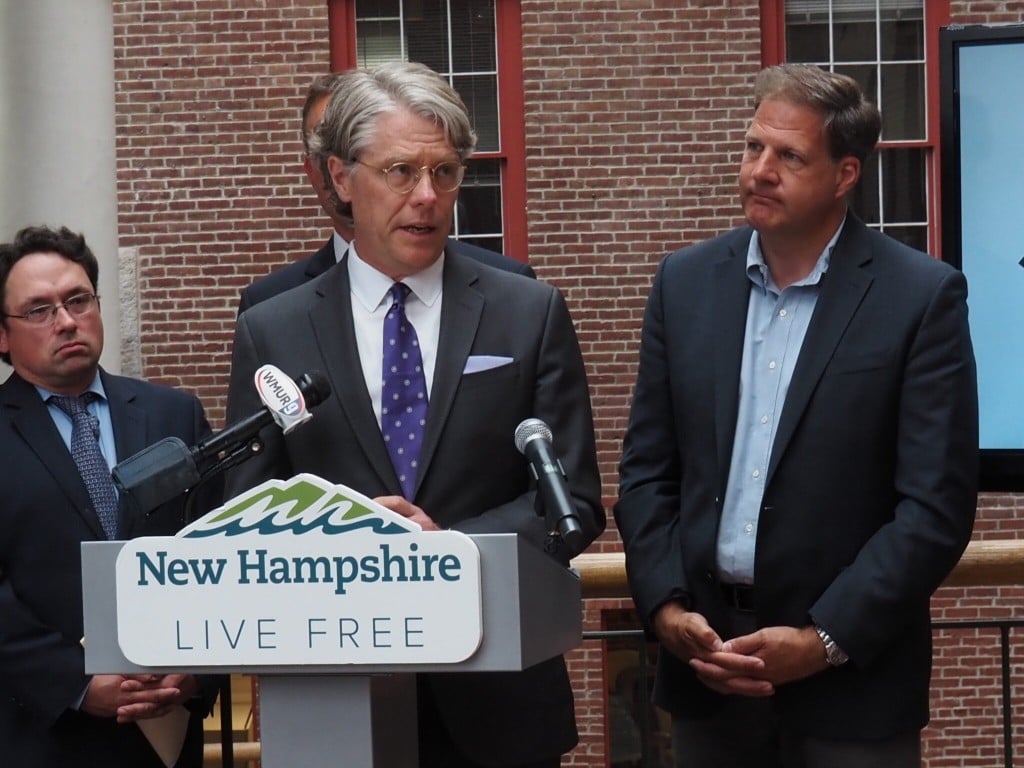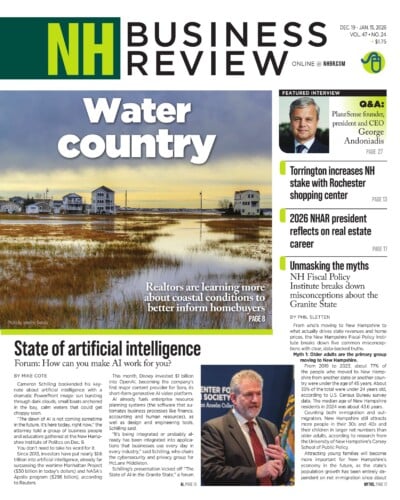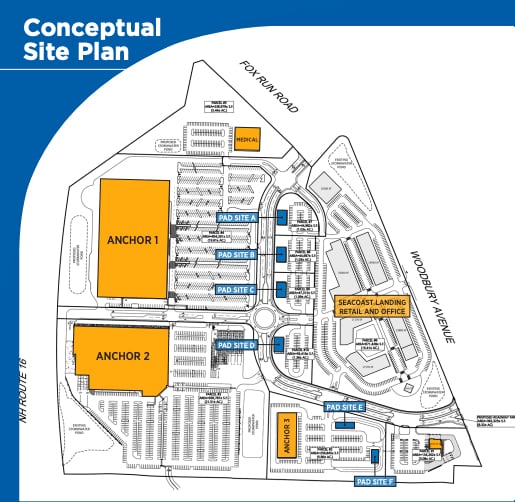The key provisions in NH’s LLC Act
A look at the first four provisions and how they affect your business

John Cunningham
If you are a New Hampshire LLC member or manager or if you plan to form a New Hampshire LLC, you and your business advisers need to have a solid basic knowledge of LLC law and tax in order for your LLC to succeed. This is the fourth in a series of columns in this journal that will give you this knowledge.
The New Hampshire LLC Act contains hundreds of individual provisions, but there are only 24 provisions that LLC members and managers should be familiar with. Taken together, these 24 provisions constitute the essential “off-the-shelf” operating agreement provisions referred to in my last column in this journal. All of these 24 provisions are default provisions—i.e., in their operating agreements, LLC members can validly override any of all of them.
In this column, I’ll identify the first four essential New Hampshire LLC Act provisions and briefly comment on them. In subsequent columns, I’ll do the same with regard to the other 20 provisions.
- Members: The LLC term “member” is tricky. In their operating agreement, an LLC’s founders may define the term “member” however they wish, and they may, by unanimous agreement, admit any individual or entity as a member. However, each of these members will be automatically subject to all of the provisions in the New Hampshire that refer to members unless their LLC’s operating agreement overrides these provisions.
- Types of members: Married couples may be members of an LLC as joint tenants, and the two of them together can constitute a single LLC membership.
In addition, trusts can be LLC members. However, in multi-member LLCs taxable as partnerships, the fact that one or more of their members are trusts will subject these LLCs to the harsh IRS partnership audit rules that became effective on Jan. 1, 2018.
Furthermore, federal and state governmental entities can very probably be valid members of LLCs, although this will only very rarely be appropriate.
- Member liability: Members cannot be held personally liable for claims against their LLCs unless (a) they themselves have engaged in serious misconduct; or (b) if third parties succeed in making “veil piercing” claims against their LLCs.Every LLC member and manager should have a reasonably detailed understanding of veil-piercing. I will discuss the judicial doctrine of veil piercing in a subsequent column.
- Operating agreements need not be in writing: LLC operating agreements will bind their members even if the members have agreed on provisions of their operating agreements only verbally or by “course of conduct”; these agreements don’t have to be in writing, including even in e-mails. However, it goes without saying that unless their operating agreement is in a formal writing signed by all of the members, an LLC’s members will face a risk of eventual serious disagreements about the terms of their agreement.
John Cunningham is an attorney of counsel to the law firm of McLane Middleton whose practice is focused on LLC law and tax. He can be contacted at lawjmc@comcast.net, 603-856-7172 or llc199A.com.
















